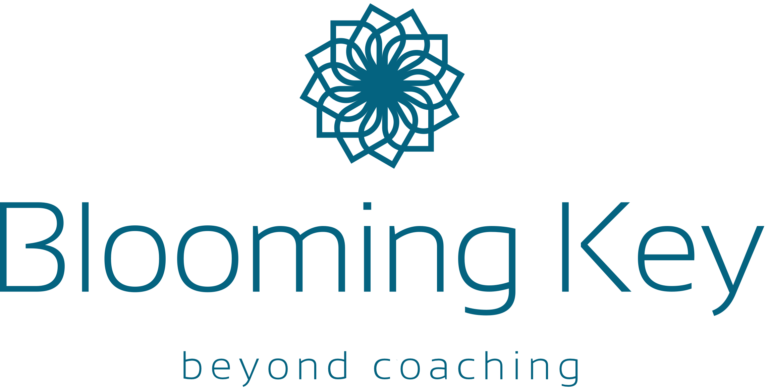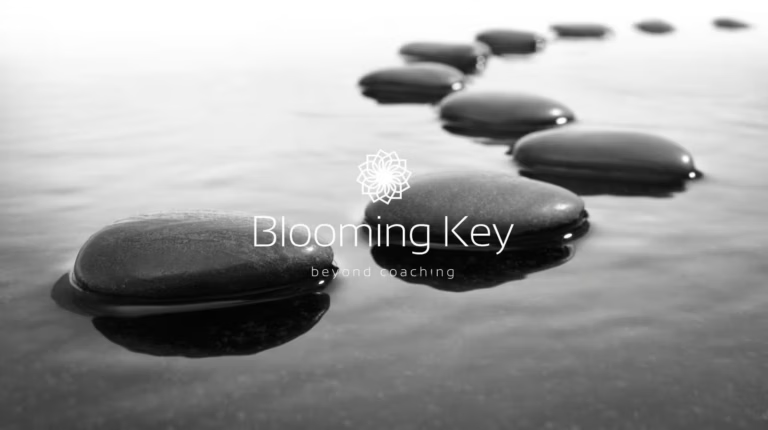If you’ve ever been on the receiving end of some feedback or criticism, you’re probably seeking to learn how to deal with feedback like a pro. Do you recall feeling somewhat on-edge about what was about to be said to you? Most of us may feel the same way when called in for feedback.
For many of us, the word feedback creates a negative response. This is usually because we have received negative criticism in the past, thereby making us fear the process of criticism, even though it can help us at times.
1. Be open to it
If you find yourself in a situation where someone wants to share feedback with you, try to change your mindset and be open to it. Take it as advice, as opposed to perceiving it as a threat. This way you will appear more confident in your abilities and it displays good character. Treating feedback like advice helps you to avoid any thoughts of calling your skills into question.
2. Focus on the positive side
When you think of a feedback session, frame it as a chance for someone to share observations with you. Doing so will allow you to change how you will respond, ultimately leading to a positive reaction. When you avoid looking at it as negative criticism, you will automatically have a more productive approach to what the person has to say to you.
3. Be curious
A great way to deal with feelings of being insecure when receiving feedback is to approach the situation with a curious state of mind. Try to find out more steps on how you can better yourself and change what may have gone wrong. Rather than being defensive, do your best to understand the other person’s point of view. You can pose questions and ask for examples to get a better idea of how the person drew those conclusions.
Keeping in mind these different steps one can take to deal with feedback like a pro, we can conclude that in the end, how you handle feedback depends entirely on yourself. Positively taking a person’s observations is a choice only you can make.





